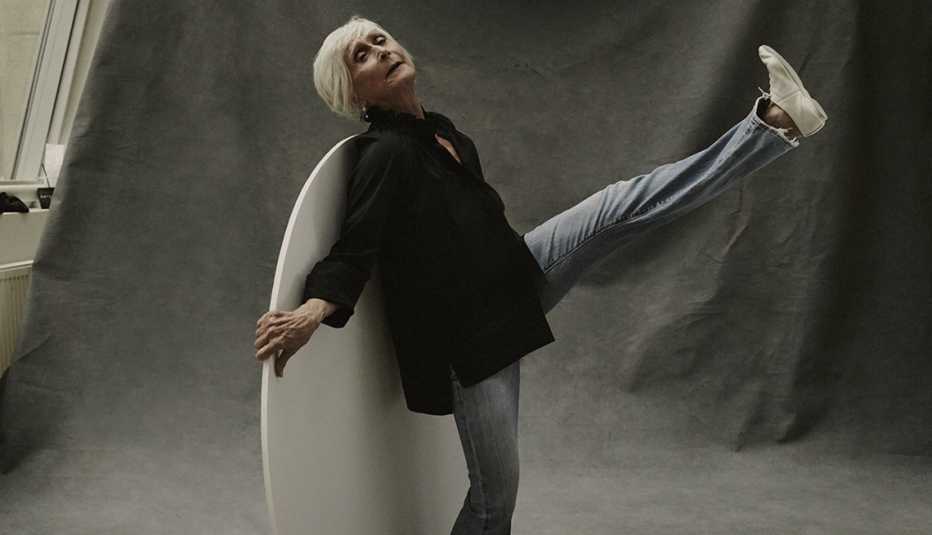AARP Hearing Center


Q: In your new book, Keep It Moving, you talk about what you've learned about aging by being a choreographer and dancer. Give us a snapshot.
A: As a child, you dance around and you don't know what you're doing. But you do it all the time, so you do it really well. Then you do formal studies and learn what you can do when you're in full possession of your physical prowess. And when aspects of that start to retreat, you learn other questions to ask.
So, as your body diminishes, you know how to deal with it?
I don't like to say it diminishes. It alters; it changes. An astute person changes with it rather than fights against it.
What is the biggest misconception about aging?
That it becomes less than what it once was rather than just the opposite: an accumulation of knowledge and experiences and options. As we get older, there are more options, not fewer. A good example is Beethoven, who was deaf at the end of his life, yet the last string quartets he wrote were amazing. He had to delve deeply into his memory bank and his mixture of things. Mixing and matching becomes much more possible with age.
A lot of people think their identity is etched in stone.
Yes, and that's defeating. Who wants to go on living in jail? One should be able to wake up every morning at age 75, and think anything is possible.
You talk about a contract with the future. What is that?
You have to be willing to change. There's so much involved with what I call status quo bias. People in a comfort zone. You need to say, “On occasion, this serves me, and this doesn't. It's just a habit. So, let's set that aside and move on.”



































































More on Health
Your Brain’s Best Day
How to make your next 24 hours happy, healthy, and smartGoing With the Tai Chi Flow
Better balance and leg strength are two benefits of its slo-mo movesBridging Sound and Science: Music’s Role in Healing
Health experts explore how a song could become the prescription of the future